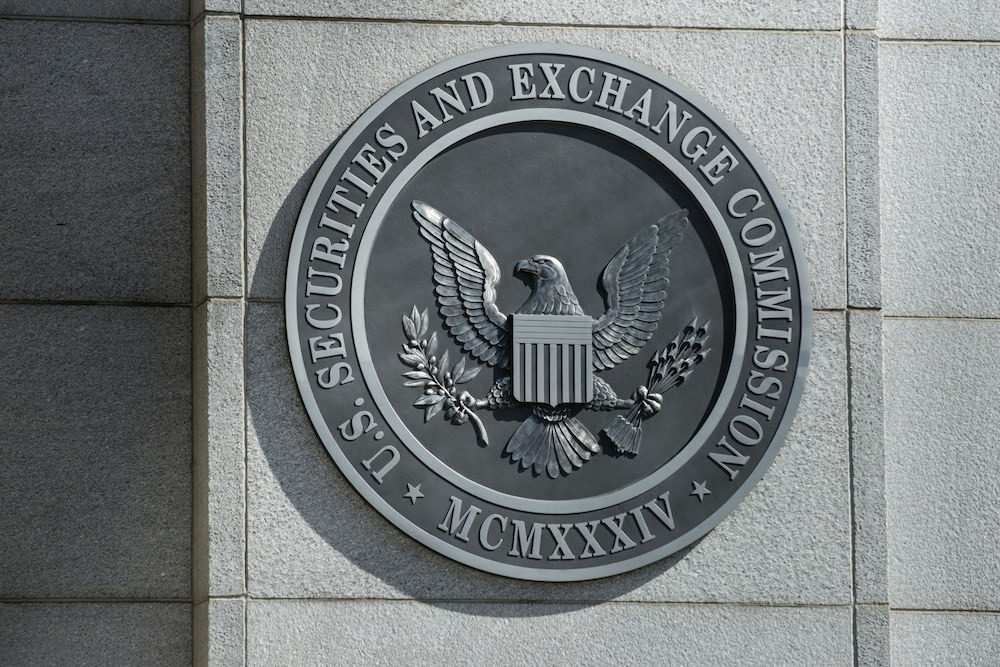Apple on Monday launched its latest debt deal to fund corporate operations like share buybacks and dividends, with reports claiming the offering stands at $8 billion.
The Cupertino tech giant plans to issue notes that mature in 2023, 2025, 2030 and 2050, according to a preliminary prospectus issued to the Securities and Exchange Commission. Goldman Sachs, Bank of America Securities, JPMorgan and Morgan Stanley are listed as underwriters on the debt deal.
Citing a source at a financial institution, CNBC reports Apple is looking to sell $8 billion in debt as 10 year yields hovers near an all-time low of 0.637%.
Apple is offering $2 billion in 0.75% notes set to mature in 3 years, $2.25 billion in 1.125% notes due in 5 years, $1.75 billion in 1.65% notes maturing in 10 years, and $2.5 billion in 2.65% notes due in 30 years.
Apple in its filing did not specify how much it is trying to raise but said that the proceeds would be used for general corporate purchases, including share buybacks, dividends, working capital, acquisitions and to repay debt.
The company last offered bonds in September 2019, also for general corporate purchases.
Shares of Apple were trading at $293.16 on Monday, up 1.41% on the day.
 Mike Peterson
Mike Peterson








 Wesley Hilliard
Wesley Hilliard
 Christine McKee
Christine McKee
 Malcolm Owen
Malcolm Owen
 William Gallagher
William Gallagher
 Andrew Orr
Andrew Orr





-m.jpg)




23 Comments
I know very little about bonds, but I admit that I don't understand fully how they work.
Look at the interest rate for the 3 year note, it's 0.75%?
So somebody who invests in that bond will only get 0.75% after parking their money for 3 years? Does that sound worthwhile?
Why don't they just take their money and park it in a bank account or something that will grant them a lot higher interest rate than 0.75%?
Institutions who have billions laying around to invest, why don't they just invest in AAPL stock and make a killing instead of a lousy 0.75% after tying up their money for many years?
Question:
If Apple has "repatriated" and paid the (relatively) minimal corporate taxes due that Apple lobbied for and as has been reported they did, why would they issue bonds at all for repurchasing stock. Simply pay with the cash on hand already taxed. The obvious answer is they have not either repatriated it or paid any taxes on it.
They can't use it for stock repurchases.